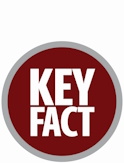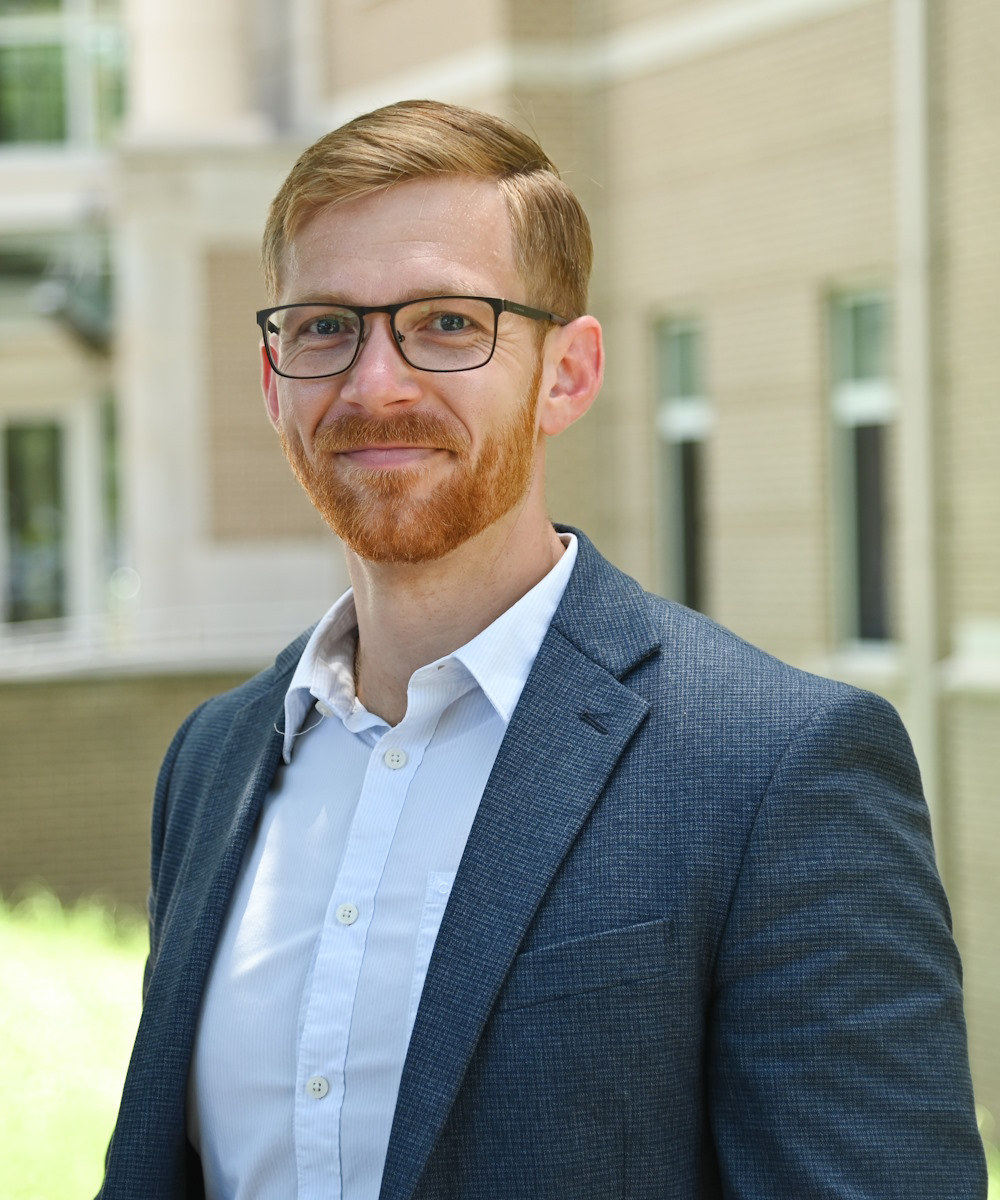
Researchers and clinicians previously believed that individuals with aphasia plateau in their language recovery at about six-to-12 months after stroke, but recent research has shown that a third of patients continue to decline over time.
February 24, 2025 | Erin Bluvas, bluvase@sc.edu
The Department of Communication Sciences and Disorders’ (COMD) newest assistant professor Sigfus Kristinsson is the recipient of the Lawrence M. Brass, MD, Clinical Research Training Scholarship in Stroke. Funded by the American Heart Association and the American Brain Foundation in collaboration with the American Academy of Neurology, this award provides $150,000 in funding over a two-year period to support early career investigators conducting clinical studies related to stroke, vascular neurology, and neurocritical care.
"I was thrilled to be notified that Dr. Kristinsson won this prestigious award in the first year of his appointment," says Jean Neils-Strunjas, chair for the COMD department. "The ability to predict outcomes for stroke survivors could potentially lead to preventative strategies for those who are at highest risk as determined by Dr. Kristinsson’s research. He will be recognized at the American Academy of Neurology Annual Meeting in San Diego and will publish his findings, all of which will build the department’s reputation for scientific and clinical excellence."

Researchers and clinicians previously believed that individuals with aphasia plateau in their language recovery at about six-to-12 months after stroke, but recent research has shown that a third of patients continue to decline over time.
Kristinsson is an alumnus of the Arnold School’s Ph.D. in COMD program and worked as a postdoctoral research fellow with aphasia/stroke expert and
USC Vice President for Research Julius Fridriksson. His own expertise also focuses on aphasia – a communication disorder resulting from
stroke or another brain injury – as well as the neurophysiology of healthy aging.
With support from this new research award, Kristinsson will dig deeper into this research
by exploring how lesions – which have been tied to clinical symptoms of aphasia –
may change over time, impacting patients’ ability to communicate.
“Historically, researchers and clinicians have believed that individuals with aphasia plateau in their language recovery at about six-to-12 months after stroke, but recent research has shown that a third of patients continue to decline over time,” Kristinsson says. “We also know that the size and location of lesion damage can account for this variance in long-term language recovery, but we don’t have a thorough understanding of how this happens.”

Gradual lesion expansion offers one explanation for this decline over time. It refers to the ongoing structural degeneration and neuronal loss surrounding a stroke lesion.
To better understand this process, Kristinsson will study the lesion changes using existing MRI data and cognitive-linguistic assessments from nearly 350 individuals with chronic aphasia who have participated in prior studies with USC’s Center for the Study of Aphasia Recovery. Findings from this research can also help predict risk factors for lesion changes and associated language problems.
Throughout the project, Kristinsson will receive mentorship from senior USC researchers in the field of aphasia, stroke and brain health. Fridriksson, along with Leonardo Bonilha (senior associate dean for research at USC School of Medicine Columbia) and Chris Rorden (Endowed Chair of Neuroimaging), will provide guidance.